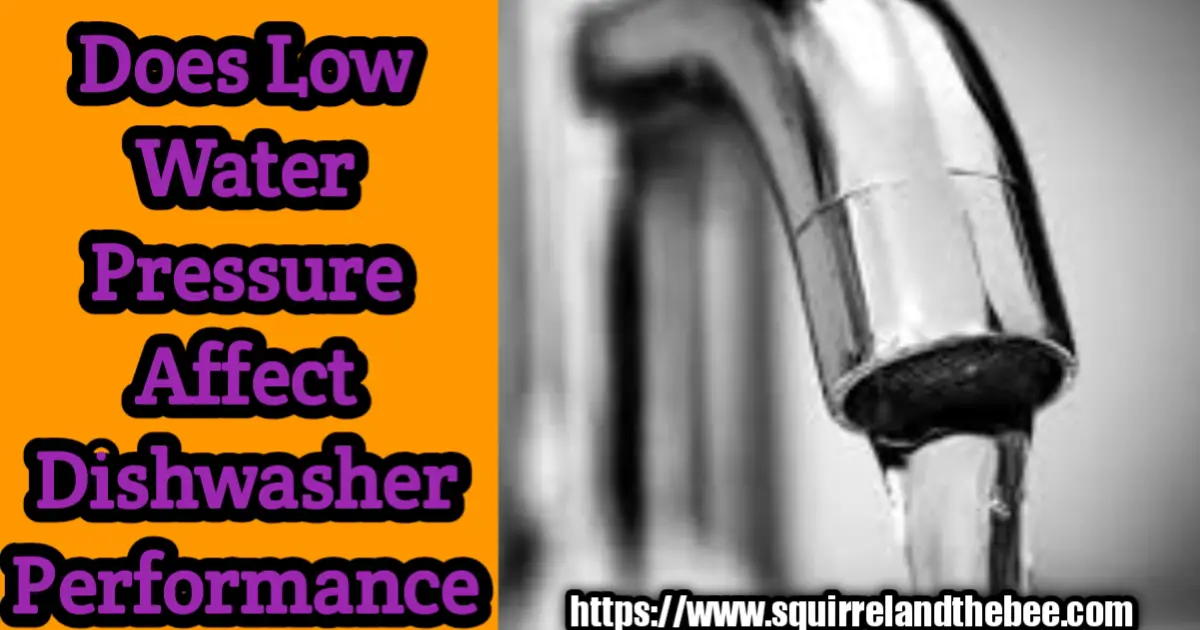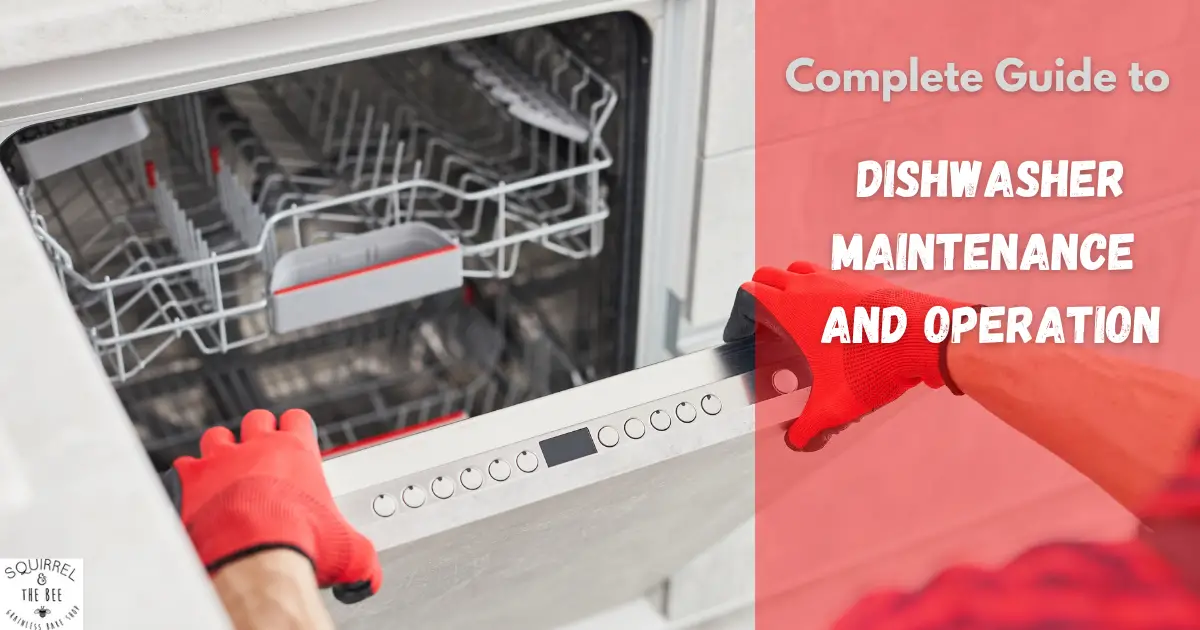Maintaining optimal dishwasher performance can be difficult considering how often it is used on a daily basis. Does Low Water Pressure Affect Dishwasher Performance? It is important that we realise what could potentially affect the performance of our dishwashers as we would obviously want them to last us a very long time without having to undergo any repairs.
It’s a fact that water pressure can have an influence on the performance of a dishwasher side by side with other factors. Some dishwashers tend to have low water pressures and you may not understand why that is happening. You may also not realise the negative effects the pressure has on your dishwasher.
Here, we will specifically look at low water pressure and how it affects the performance of a dishwasher.
So, without further delay, let’s get into it!
Why Is The Water Pressure Low In My Dishwasher?
Typically speaking, water pressure can decrease as a result of pipeline blockages or a clogged strainer. The aerator in your dishwasher may also be blocked with sediment from a water supply providing you with hard water.
There could also be leaks in the pipelines, which, in turn, cause the water pressure to decrease. There are many reasons that could cause low water pressure in your dishwasher, but these are the most plausible reasons.
Can You Run The Dishwasher With Low Water Pressure?
The simple answer is, yes. It is possible to run your dishwasher with low water pressure, but it will be ineffective and useless. While it will function, it won’t be able to do its job properly.
Low water pressure negatively affects the performance of dishwashers. Your dishes won’t be properly cleaned, and a lot of your plates and cutlery will remain dirty. So, while the dishwasher is technically still working, it becomes ineffective and ultimately deemed as quite useless since it fails to do what it is supposed to do—clean your dishes.
Washing cycle time also increases as it takes more time to fill the drum.
The reason why low water pressure is an issue for dishwashers is the fact that most dishwashers come with a timer system that fills up with water within a certain time frame. However, since the pressure of the water is low, this means there is less water filling up in the dishwasher. Without enough water, the dishes cannot be cleaned, which is why the entire dishwasher is rendered ineffective and useless at this point.
How Much Water Pressure Do You Need To Run A Dishwasher?
For dishwashers, it is typically recommended to have a water pressure of 20 to 120 PSI, as recommended by GE appliances. A water pressure of less than 20 PSI can cause a water supply valve to fail and prevent the valve from closing.
However, generally speaking, rather than focusing on the pressure of water, I would say focusing on whether your dishwasher is filling up or not is more important. You can still have a dishwasher with low water pressure coming in, but if it fills up, then there will be no issues with cleaning your dishes.
So, find the appropriate pressure for you. Any pressure that enables your dishwasher to fill up to its maximum capacity is basically the appropriate pressure for your washer.
To know what pressure is adequate enough, start a wash cycle. Open the door of the dishwasher after you hear the machine has stopped filling up. If the water comes close to the heating coil, then the pressure is adequate enough.
How Do I Increase Water Pressure In My Dishwasher?
If the water pressure is low due to mineral deposits in the pipelines, then simply cleaning them out will suffice.
Additionally, you can clean the aerator by unscrewing the end of the faucet and removing the screen, immediately cleaning with water or vinegar. Locating any leaks and inspecting your water heater will also help.
Consequently, adjust the pressure switch on your dishwasher to control the water pressure. The steps are as follows:
Turn Off The Water And Electricity
You can do this by turning the spigot handle under the sink to the far left. Test to make sure that the water has been shut off by turning on the water in the sink. Once that is done, pull the dishwasher out and disconnect the electrical cord.
Remove The Access Panel To Your Dishwasher And Locate The Water Heater
The water heater will be near the pipes and the pump and the pressure switch itself is a round pipe threading into the heater tube. Remove the cover of the pressure switch.
Turn Counter Clockwise With A Flat-Bladed Screwdriver On The Adjustment Screw
Does Low Water Pressure Affect Dishwasher Performance?
This is to increase water pressure. Reassemble the dishwasher again and put everything back into place.




